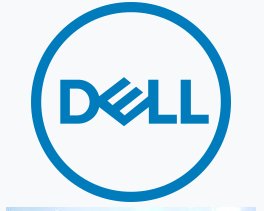sec.gov/news/speech/sp… (towards the end)
Many tokens also were not sold to potential users of the network. Thus, these agreements may result in tokens being deemed securities.
The developers and ardent users/supports understand these systems better than the public. There always will be a gap.


